Introduction
Natural Climate Solutions, also called Nature-Based Solutions, are actions that reduce emissions and increase carbon storage in forests, farms, grasslands and wetlands, while providing a host of additional benefits for people and the environment.
Practices that could be included are actions like encouraging farming techniques that retain carbon in the soil, such as planting cover crops; conserving and replanting forests; conserving and restoring coastal wetlands; and reducing the loss of natural areas, planting trees, and providing parks in communities.
Not only do these efforts help address climate change – they can improve water quality, prevent natural disasters like wildfire, drought, and flooding, protect wildlife habitat, and provide opportunities for hiking and fishing. Best of all, these solutions are cost effective, and can often improve local economies.
Below you can explore how people in Kansas are benefiting from implementing nature-based solutions in their community through a diverse set of resources from USN4C members and others, including blog articles, videos, comprehensive reports, and more.

Blog Articles
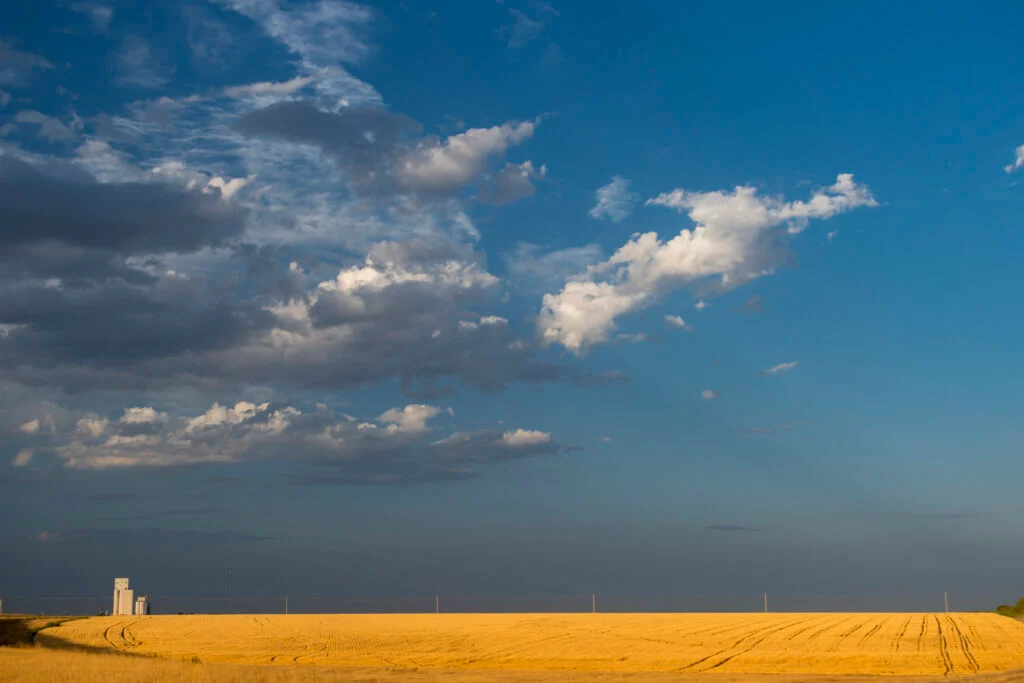
AGRICULTURE & EXTREME HEAT: Environmental Defense Fund Growing Returns Article: Increasing Extreme Heat is Hurting Kansas Farmers’ Bottom Line

MISSISSIPPI BASIN HEALTH & RESILIENCE: SCIENCE: Environmental Defense Fund Article: New Research Could Help Resource Managers Improve the Health and Resilience of the Mississippi River Basin

MILITARY VETERANS & SUSTAINABLE AGRICULTURE: The Nature Conservancy Article: A Pathway to Farming
- CLIMATE RESILIENCE: Pew Charitable Trusts Article: On the Front Line of Disasters, County Leaders Look to Boost Resilience
- Theodore Roosevelt Conservation Partnership Nature-Based Solutions Map: Kansas – Wichita and Greeley County Playa Restoration and Groundwater Recharge Project
Agriculture:
- SCIENCE: BIOCHAR (University of Tennessee-Knoxville & Doane University): Journal of Human Sciences & Extension Study: A Midwest Perspective on Biochar Integration in Extension
- AGROFORESTRY (The Nature Conservancy & Savanna Institute): Yale Environment 360 Article: How Agroforestry Could Help Revitalize America’s Corn Belt
- SCIENCE: Soil Health Institute Article: Maximizing Weed Suppression with Cover Crops in Cotton Production
- Soil Health Institute Fact Sheet: Using Cover Crops as a Weed Suppression Tool in Cotton Production
- Soil Health Institute Fact Sheet: Cover Crop Species Comparison for Weed Suppression in Cotton Production
Reports

SCIENCE: Soil Health Institute Factsheet: Economics of Soil Health Systems on 10 Wheat Farms in Kansas and North Dakota
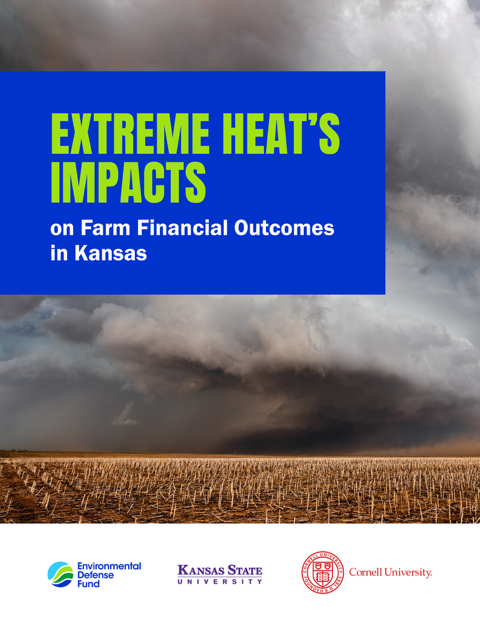
Environmental Defense Fund Report: Extreme Heat’s Impact on Farm Financial Outcomes in Kansas
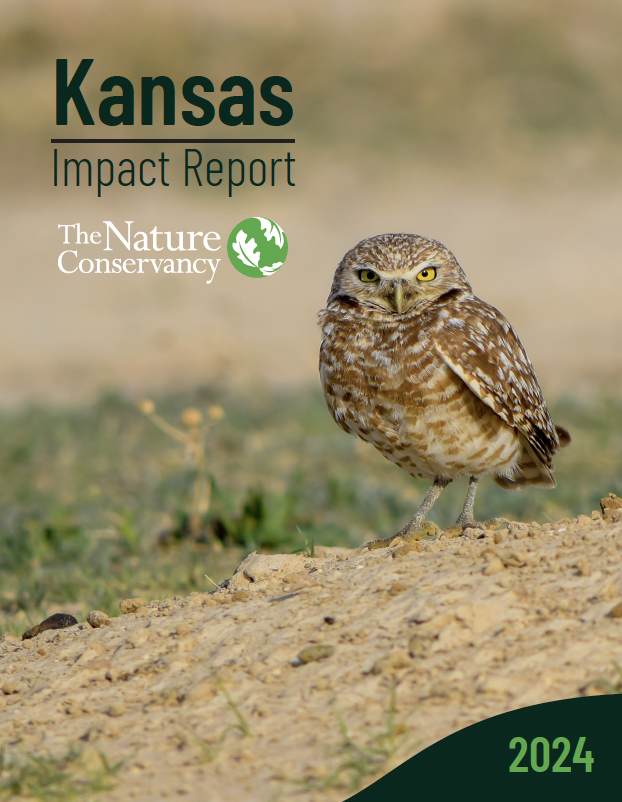
The Nature Conservancy Report: Kansas 2024 Impact Report
Videos
The Nature Conservancy Video: Harvesting Hope: How the Farm Bill Saved the Hatcher Family Ranch
Explore More!
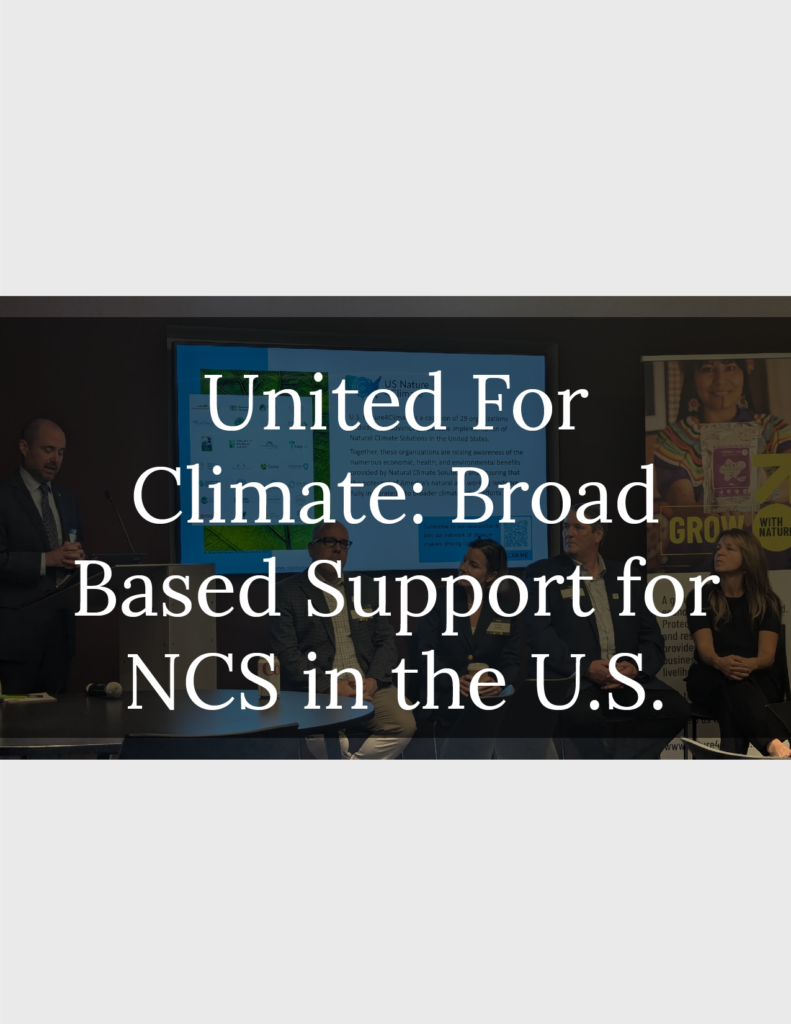
A new national survey conducted by U.S. Nature4Climate shows that voters across party lines support natural climate solutions more than ever, suggesting fertile ground for bi-partisan cooperation and consensus-building, opening up new avenues for climate action. Learn more.
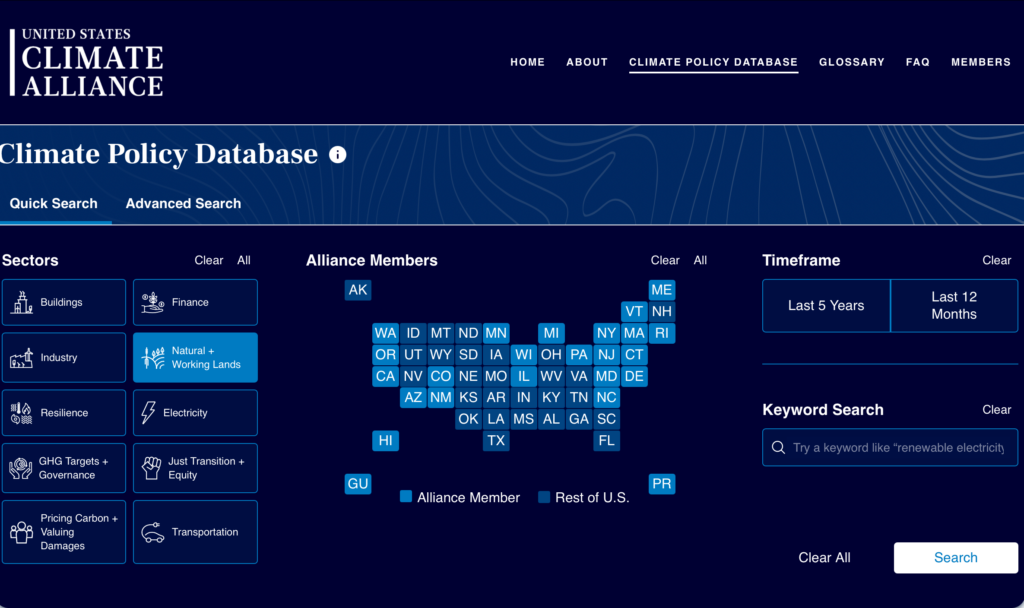
Explore U.S. Climate Alliance‘s Climate Policy Database.
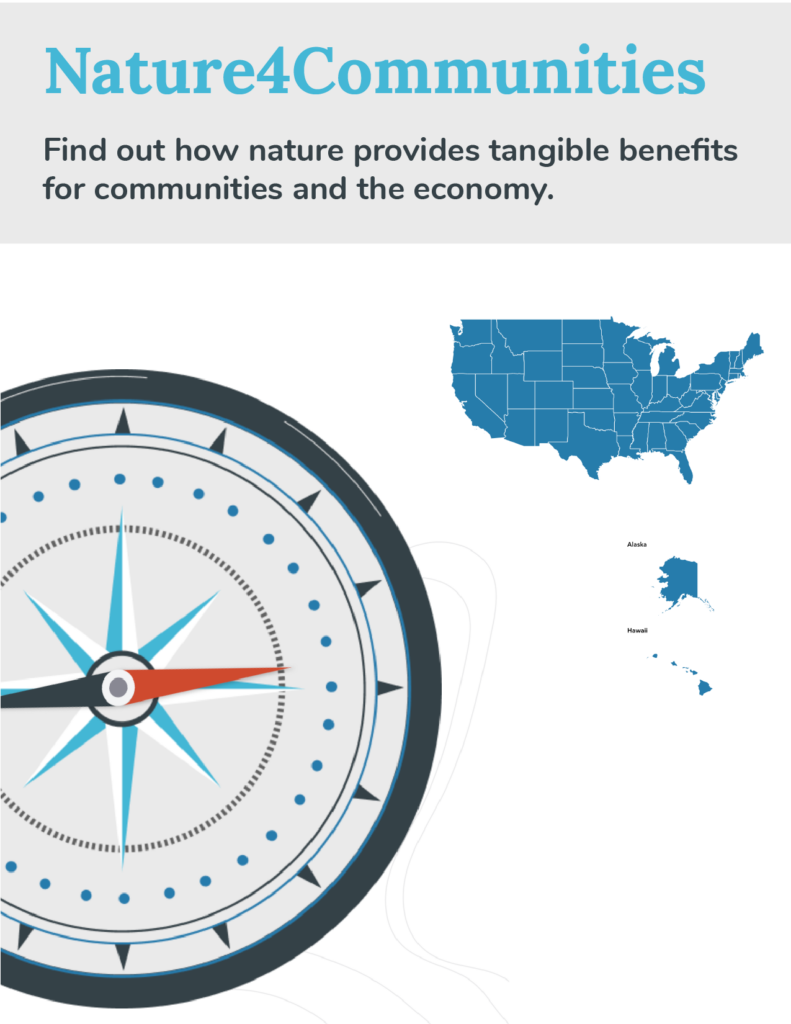
Explore Nature4Communities, a resource that shows you how nature-based solutions are critical for your community’s well-being and become a better advocate for their implementation.
